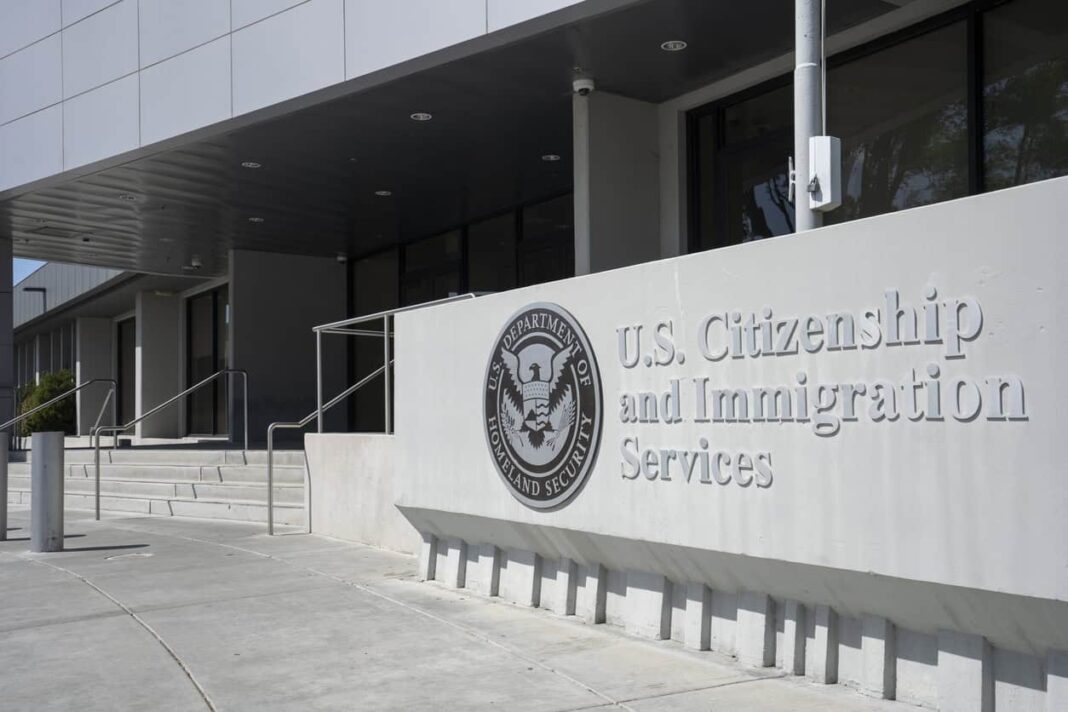Changes to H-1B Visa Fees: What You Need to Know
US Customs and Immigration Services (USCIS) recently confirmed significant updates regarding the H-1B visa fee structure that will affect many aspiring applicants and current visa holders. This clarification aims to provide essential information following the substantial $100,000 fee introduced in a government proclamation earlier this year.
Background on Fee Increase
The H-1B visa program, which allows U.S. employers to temporarily employ foreign workers in specialty occupations, has faced considerable scrutiny over its policies. On September 19, 2025, a presidential proclamation shocked both employers and prospective workers by dramatically raising the application fee to $100,000. This announcement created waves of confusion, particularly regarding its applicability to individuals outside the U.S.
USCIS Clarification on Fee Applicability
In guidance issued on October 20, USCIS clarified that the hefty fee would not apply to a “change of status.” This clarification is especially pertinent for F-1 visa students transitioning to H-1B skilled worker visas, alleviating some of the fears surrounding this dramatic fee hike. According to the guidance, the increased fee will only affect new H-1B petitions filed for individuals outside the U.S. on or after September 21, 2025.
Exemptions from the Fee
Importantly, individuals seeking any form of extension, amendment, or change of status while already present in the country will be exempt from the new fee. This exemption extends to petitions for changing employers as well. This means that current H-1B visa holders can continue working with the same employer without incurring the increased financial burden if they are filing for an extension.
Impact on International Students and Employers
For employers and international students, this recent guidance provides much-needed relief. It has become common for students in the F-1 category to transition to Optional Practical Training (OPT) and then apply for H-1B positions. The clarity from USCIS ensures that current students can pursue these opportunities without the fear of exorbitant fees that would otherwise discourage them from applying.
Confusion Around Travel
Earlier concerns suggested that individuals who have already been granted H-1B status might face this fee if traveling abroad. However, USCIS has confirmed that such individuals will not fall under the new financial requirement, which will aid in simplifying international movements for H-1B holders.
Concerns from the Business Community
The fee hike has drawn significant criticism from various sectors. Prominent businesses and organizations, including the U.S. Chamber of Commerce, expressed concerns that this increase could deter international talent from entering the U.S. market. A lawsuit challenging the legality of the proclamation is already underway, as stakeholders argue that the fee increase could exacerbate labor shortages and undermine U.S. competitiveness in global markets.
Upcoming Overhaul of the H-1B System
In addition to the fee changes, potential future reforms to the H-1B system have been proposed that could favor higher-skilled and better-paid workers. Many in the education sector worry that this could reduce opportunities for current international students and applicants. Public consultations regarding this overhaul are ongoing, with feedback accepted until October 24.
Sentiments from Students
A recent survey from NAFSA revealed that over half of postgraduate students indicated they would reconsider enrolling in U.S. institutions if the approval of H-1B visas were based heavily on wage levels. This sentiment was echoed by a significant portion of PhD students who expressed hesitance about staying in the U.S. under similar changed policies.
Current Landscape and Future Implications
The landscape of the H-1B visa program continues to evolve, with recent USCIS clarifications potentially recalibrating the dynamics between employers and prospective foreign talent. While the increased fee may apply only to new applicants, the overarching discussions about systemic reform raise pressing questions about the future of international hiring in the U.S.
This dramatic shift in both fee structure and application policies touches on multiple facets of immigration, employment, and economic stability—areas that will require ongoing attention and responsive action from all stakeholders involved.



